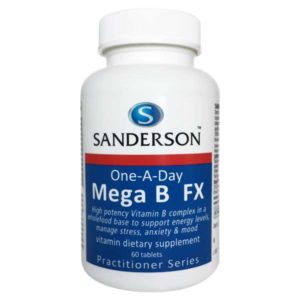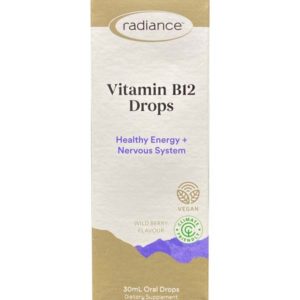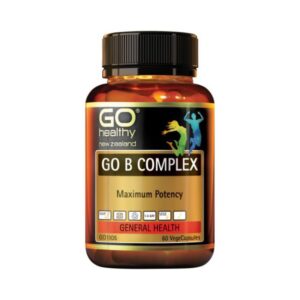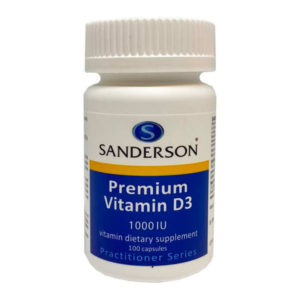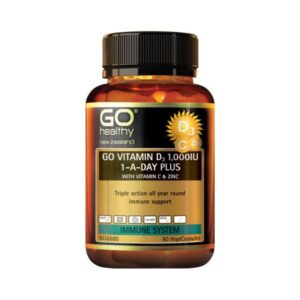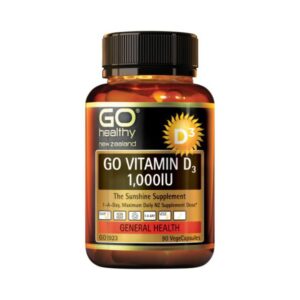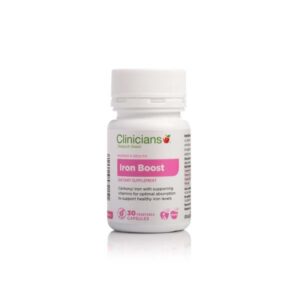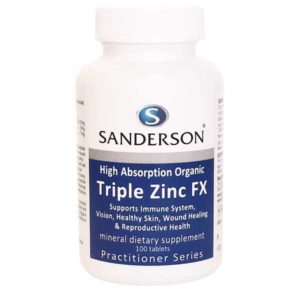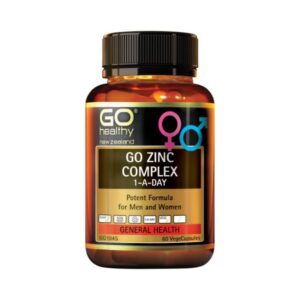Even though we live in a modern world, it’s still important to make sure that we do not experience nutrient deficiency, as our bodies need vitamins and minerals to stay healthy.

Your body cannot produce all these nutrients itself, so it is important that your get the nutrients you need through a broad healthy diet. Without the right vitamins and minerals our bodies can struggle to function properly.
Overall, vitamins and minerals play an essential role in maintaining optimal health and wellness. By ensuring that the body receives adequate amounts of these important nutrients, individuals can prevent nutrient deficiencies and promote overall health and wellbeing.
Common nutrient deficiency symptoms
Common symptoms experienced if you have nutrient deficiency can be one, or any of the following:
1. Fatigue caused by nutrient deficiency
A common early sign of many vitamin deficiencies is fatigue. When you’re leading a busy life fatigue is often seen as the norm. If you are sleeping well and still can’t find relief from fatigue, this could be a symptom of a nutrient deficiency. Deficiencies in Iron, Vitamin B12 and Magnesium can commonly cause fatigue
2. Aches & pains
Muscle and bone pain may be related to process of aging or exercise. However, these can also be symptoms of vitamin D, and magnesium deficiencies. Low magnesium can result in muscle cramping, tightness, and stiffness. Vitamin D deficiency can result in bone pain, muscle pain, and muscle weakness.
3. Brittle hair & nails
Brittle hair and nails are a consequence of a deficiency in Vitamin B7, also known as Vitamin H or Biotin. A deficiency in Biotin is rare, however its symptoms are noticeable, the most obvious being brittle hair, hair loss, splitting hair, and brittle, thin nails. Brittle nails can also be a consequence of iron deficiency.
4. Dry skin & eyes
Dry skin and eyes can be often attributed to winter chills; however, this can also be a sign of vitamin A deficiency. A deficiency of vitamin A may be linked to keratosis pilaris, resulting in red and white bumps on the skin. Along with dry eyes, vitamin A deficiency has been linked to a deterioration of night vision, and the sharpness of your sight.
5. Bleeding gums
If you are experiencing bleeding gums despite changing to soft bristle toothbrushes this could be the result of a vitamin C deficiency. Vitamin C is important for the strength of your immune system, and in wound healing. It also is an antioxidant with anti-inflammatory effects, preventing cell damage.
Fix nutrient deficiency with these 6 minerals of dietary importance
Health Navigator New Zealand includes the following 6 vitamins and minerals in their list of minerals of dietary important for Kiwis: vitamin B12, calcium, vitamin D, folic acid, iron, and zinc. But what are the tell-tale signs that you might have a deficiency?
1. Vitamin B12
Necessary for blood formation, and is important for brain function, the health of nerve cells and the formation of genetic material.
Symptoms of vitamin B12 deficiency include: dizziness, fatigue, impaired brain function, elevated homocysteine levels, and megaloblastic anaemia (a blood disorder that enlarges your red blood cells).
Vitamin B12 deficiency is very common, for people who are on a vegetarian or vegan diet, and for older adults. Without treatment people may experience worsening anaemia, damage to nervous system and other health issues.
2. Calcium
Calcium is important for strong bones and is deposited in our bones until our mid-20s. It also serves as a signaling molecule controlling muscle and nerve function.
Osteoporosis is a well-known symptom of calcium deficiency. Otherwise known as brittle bone, its self-explanatory name describes the consequences, leaving us with brittle bones which easily break (osteoporosis).
3. Vitamin D
The ‘sunshine vitamin’ as it is popularly known is important for strong bones and overall health. It is produced in response to sunlight.
Symptoms of vitamin D deficiency can be subtle, or hard to identify. People with vitamin D deficiency may experience fatigue, bone pain/loss, muscle aches and weakness.
4. Folic acid
Is a B vitamin, important for cell growth and reproduction. Folic acid helps your body produce red blood cells.
A lack of folic acid may result in Folate-deficiency anaemia, the symptoms of which can include pale skin, low appetite, irritability, fatigue, diarrhoea, smooth and tender tongue.
5. Iron
Iron is a key component of your red blood cells. Your body needs iron for your red blood cells to carry oxygen around your body and for proteins in your muscles.
Iron deficiency one of the most common deficiencies, it’s symptoms usually include fatigue, weakness, low immunity, and brain fog.
6. Zinc
Zinc is important for our immune system. It helps with wound healing, senses of taste and smell, and for growth and development during pregnancy, as a baby and as a child.
The first symptoms of a deficiency of zinc can often be mistaken as eczema. Cracks can appear on the skin, often around the mouth, and hands. Moisturisers or steroid creams won’t improve rashes caused by zinc deficiency.
People may also experience unexplained weight loss, wounds that won’t heal, lack of alertness, decreased sense of smell and taste, diarrhoea, loss of appetite, or open sores on the skin.
Read more:
- Minerals – Health Navigator NZ
- Vitamin B12 deficiency – Southern Cross NZ
- 7 Nutrient Deficiencies That Are Incredibly Common – Healthline
- Folate-Deficiency Anemia – John Hopkins Medicine
- Zinc Deficiency – Healthline
- Abnormal hair loss – Health Navigator NZ

